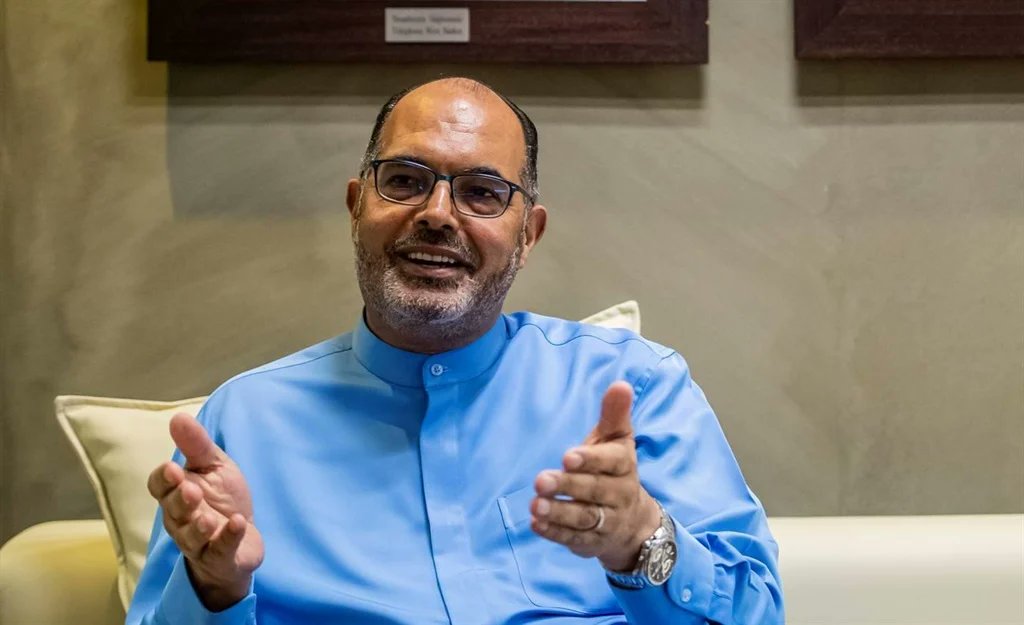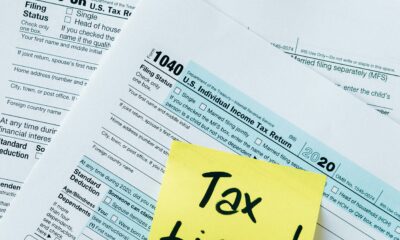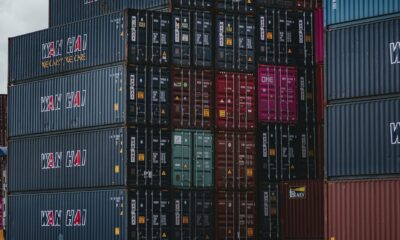Business
SARS Turns Its Gaze to South African Influencers: Free Meals, Brand Deals Now Under Tax Spotlight

The taxman wants a slice of the influencer pie
The age of Instagram reels, YouTube unboxings, and TikTok skits has birthed a new kind of South African entrepreneur: the influencer. For many, what started as posting jokes or sharing fashion tips has morphed into full-time careers. But now, the South African Revenue Service (SARS) is making it clear, if you’re cashing in on likes and brand deals, the taxman is watching.
Mohau Lebese, managing partner at Accountants on Point, says SARS is tightening the screws on influencers who earn income through sponsorships, freebies, and brand partnerships. “Influencers must treat their earnings like any other income,” he cautioned. “Even perks that don’t involve cash, like free meals, luxury trips, or sponsored gadgets, could land you with a tax bill.”
The hidden cost of “free”
Here’s the kicker: what many creators see as gifts, SARS considers income. That comped dinner at a Sandton hotspot? Taxable. A paid-for safari in Botswana in exchange for a travel blog post? Taxable. A phone handed over for an unboxing video? Taxable, if there’s a contractual obligation.
Lebese explained that the distinction lies in intent. If a product lands in your hands with no strings attached, it may not be taxable. But if there’s an understanding, explicit or implied that you’ll promote the brand, then it counts.
The challenge? In today’s digital marketing world, the line between a “gift” and a “brand deal” is murky at best.
Low compliance, high risk
Despite clear rules, compliance among influencers is worryingly low. Many creators don’t see their perks as taxable because they feel like personal “gifts.” Others simply lack financial literacy, having stumbled into stardom from viral videos rather than formal business training.
But SARS is catching up. According to Lebese, the agency is already investing in AI-driven systems designed to cross-check marketing spend from big brands with influencer activity. In short, if Coca-Cola declares influencer spend, SARS will know who received the money or perks.
“It’s not a matter of if, but when SARS matches the dots,” he warned. “The systems are already in place.”
Why this matters beyond influencers
This move isn’t just about high-flying content creators. It speaks to a broader shift: the tax authority’s push to close loopholes in the digital economy, where value often flows through non-cash perks and barter-style arrangements.
Other industries like journalism and broadcasting face similar grey areas, where free trips or review products blur into taxable perks. But for influencersmany of whom operate as independent contractors without payroll systems to catch these benefitsthe risks of under-declaring are far greater.
Public reaction: mixed feelings
On social media, reactions have been divided. Some South Africans feel it’s high time influencers contribute like everyone else, pointing out that teachers, nurses, and office workers don’t get free passes on their income.
Others argue SARS is picking on young entrepreneurs trying to carve out a living in a tough economy. “These kids are building something from nothing,” one user wrote on X (formerly Twitter). “Instead of supporting them, SARS is ready to pounce.”
Still, for those driving luxury cars courtesy of brand deals, public sympathy may be thin.
South African influencers have built careers in an industry that didn’t exist a decade ago. But while the platforms may be new, the rules of tax are not. Whether it’s a R20,000 brand deal or a free dinner at a trendy restaurant, SARS has made it clear: income is income.
And with AI-powered systems already in motion, the days of hiding behind hashtags and freebies may be numbered.
{Source: BusinessTech}
Follow Joburg ETC on Facebook, Twitter , TikTok and Instagram
For more News in Johannesburg, visit joburgetc.com



























